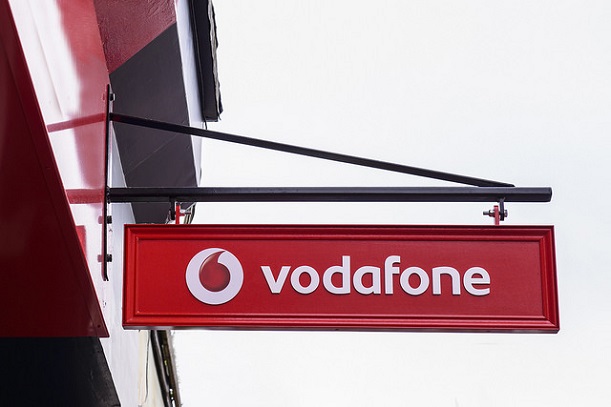British operator takes another step into fixed broadband territory and the convergence of connectivity technologies.
The 5G Gigacube as a consumer product was first mentioned by Vodafone back in May, and will run on 4G where no 5G is available.
It should be noted that the top, not guaranteed, speed is 1Gbps and that its range can be as great as 90m, but as we know from home Wi-Fi experiences, all sorts of factors can come into play.
Likewise, theoretically, it can connect up to 64 devices at the same time, but that performance too will depend on many parameters.
It was clear from the 5G launch that Vodafone sees it as an opportunity to reinvent itself from being the UK market laggard to an innovative, competitive service provider.
At the 5G launch it became the first in the UK market to launch unlimited data packages, even though this split analysts’ views about the wisdom of the approach and references to operators failing to monetise 4G.
Upping the ante
Another offer at the 5G launch is a converged mobile/Wi-Fi package at £50 a month was a breath of fresh air too, with the operator sweetening the deal by throwing in a free Alexa speaker (normal price £139).
As with the Gigacube, this approach is about combining connectivity technologies to suit customers’ needs and purses, and the idea is that the more services customer buy, the less likely they are to defect.
Broadband bow gains another string
This is another string to Vodafone’s fixed broadband bow – late in 2017 it signed a partnership deal with alternative full-fibre network builder CityFibre – and one that has the potential to make far more rapid progress than digging up streets.
How well the pricing plays (see below) with the audience and well Vodafone exploits its first-mover advantages remain to be seen, but it hard to see how the other operators can avoid following its lead.
Interestingly, the UK is one of Vodafone’s few operating companies that does not have a TV offer.



